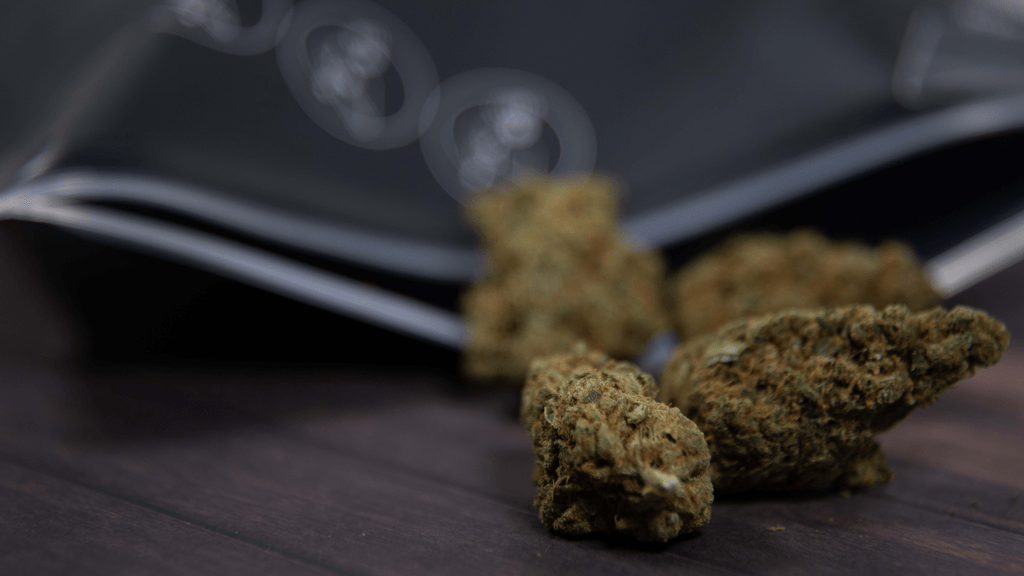April 21, 2022, marked a significant milestone in New Jersey’s history as the state commenced sales of recreational cannabis. This day not only symbolized a shift in legal and social norms but also opened new economic avenues for the state. Here is a detailed account of the first day of recreational cannabis sales in New Jersey, including the number of dispensaries involved and the sales statistics recorded.
The Dawn of Recreational Cannabis Sales
After years of legislative efforts and public referendums, New Jersey finally joined the ranks of states legalizing the use of cannabis for recreational purposes. Governor Phil Murphy’s administration oversaw the transition from a strictly medical cannabis market to a broader recreational market, aiming to boost the state’s economy and rectify the longstanding disparities in drug law enforcement.
Number of Dispensaries Participating
On the inaugural day, 13 dispensaries across New Jersey opened their doors to recreational users. These dispensaries, previously serving only medical cannabis patients, received special approval to expand their services. The geographical spread of these dispensaries ensured that access was reasonably balanced across the state, from the northern cities near New York to the southern reaches near Philadelphia.
First Day Sales Statistics
The first day of recreational cannabis sales in New Jersey was met with enthusiasm and high demand. Statistics from the New Jersey Cannabis Regulatory Commission highlighted the following:
- Over 12,000 transactions were recorded on the first day.
- Sales on the first day totaled approximately $1.9 million.
- The average purchase per transaction was around $160, indicating robust consumer spending.
These figures underscore the pent-up demand for legalized cannabis and the economic potential of this new market.
Impact and Observations
The launch of recreational cannabis sales was not just about the economic numbers but also about the broader social impact. Long lines and hours-long waits at dispensaries underscored the public’s eagerness and support for legalized cannabis. Moreover, the state had put measures in place to ensure that the start of recreational sales was orderly and safe, with local law enforcement and dispensary staff working together to manage the crowds and traffic.
Regulatory Compliance and Education
Dispensaries also played a significant role in educating new consumers about the responsible use of cannabis. With many first-time buyers stepping into dispensaries, staff were on hand to explain product differences, effects, and safe consumption practices. This educational aspect was crucial in fostering a responsible cannabis culture.
Economic and Social Considerations
The introduction of recreational cannabis is expected to have a significant economic impact on New Jersey. Apart from direct sales, the state anticipates increased tax revenues that are earmarked for community development projects, especially in areas disproportionately affected by previous drug enforcement policies. Socially, the legalization aims to reduce illegal cannabis sales and associated crimes, providing a regulated and safer alternative for consumers.
Moving Forward
As New Jersey continues to navigate the complexities of a burgeoning cannabis market, the focus remains on balancing economic opportunity with social responsibility. The state plans to gradually increase the number of dispensaries and expand product offerings to meet consumer needs while ensuring public safety and health standards are maintained.
The first day of recreational cannabis sales in New Jersey was a landmark moment, setting the tone for the future of cannabis in the state. With careful management and continued public engagement, New Jersey looks forward to reaping the benefits of this new green economy.

